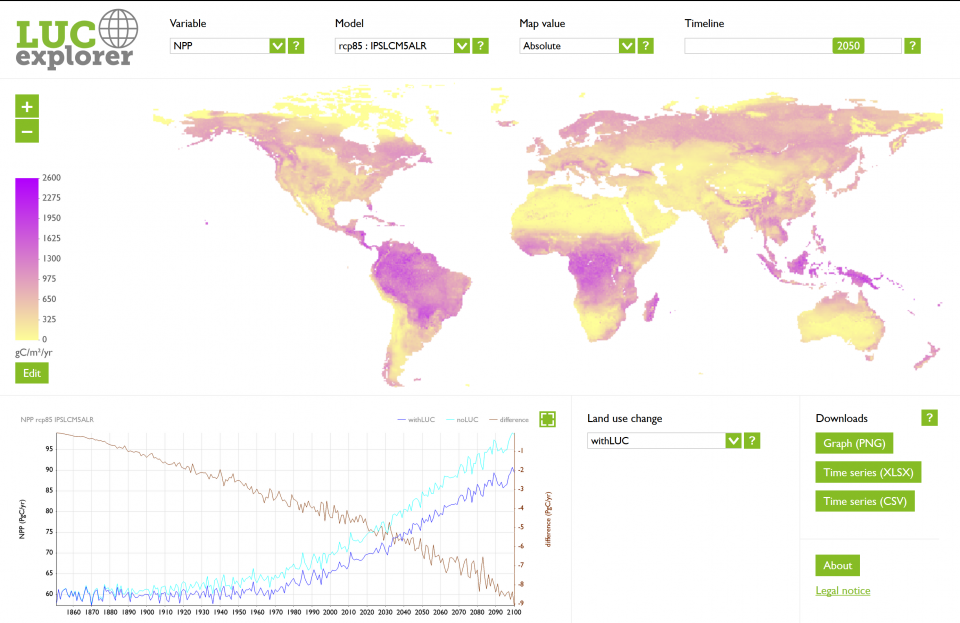Welcome to the Land-use Change Oppla Group, established by Karlsruhe Institute of Technology. The aim of this Group is to share knowledge about the interactions of land-use change and ecosystem services.
People have been transforming natural ecosystems to grow food and to obtain firewood and timber, for millennia. Today, about 40% of the ice-free land surface is covered by crops or pastures, and in many parts of the world we continue to expand these areas because the world’s population is growing, and this growth requires resources we obtain from the land.
Land-use change has many effects on climate change. The best known of these are identifiable via the greenhouse gas content of the atmosphere, which has increased due to human activities over the last 100-200 years. Land-use change also affects climate in ways unrelated to the emission of greenhouse gases, such as biophysical processes (affecting radiation and evapotranspiration) and the emission of trace gases that act as a precursor to the formation of ozone in the lower parts of the atmosphere.
These many climate-related aspects of land-use change, and the fact that they operate over different scales of time (days to centuries) and space (regional to global), pose a large challenge when aiming to understand all the effects of past, present and future land-use change on climate. It is a complex yet fascinating subject, and we welcome contributions to this Group in helping to improve our shared understanding of it.
Publications:
- Arneth, A. et al (2015) How agriculture and forestry change climate, and how we deal with it. Karlsruhe Institute of Technology.
- Pugh, T.A.M. et al (2016) Climate analogues suggest limited potential for intensification of production on current croplands under climate change. Nature Communications.


